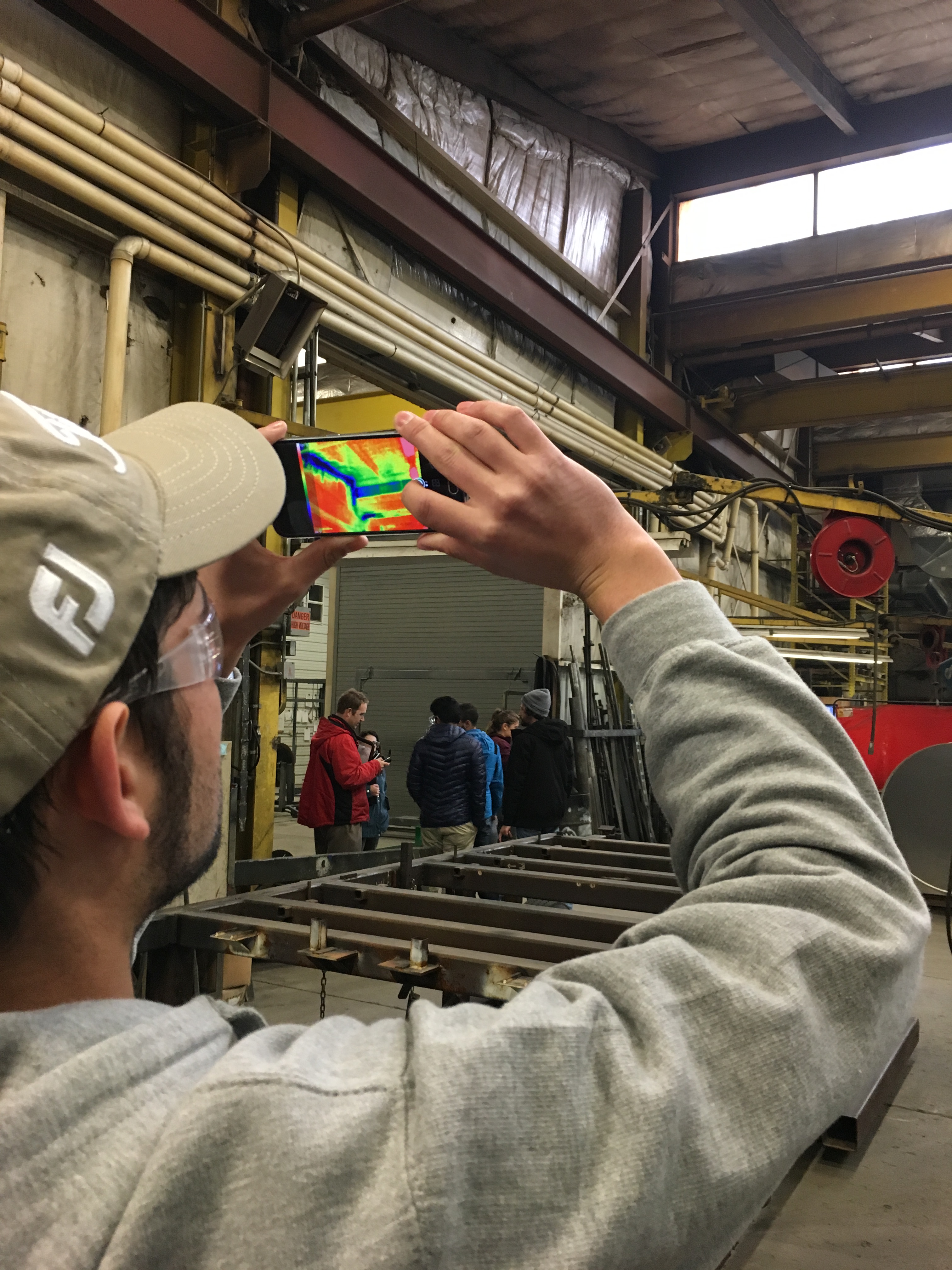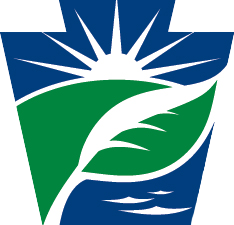

Pennsylvania Department of Environmental Protection
Please scroll down to view the annual report, or use the top menu to jump to a topic. If problems are encountered while viewing content, please try opening the website using another web browser.
Disclaimer: The information contained in this report is based on the data contained in DEP information systems at the time of publication.
A Critical Segment of the Commonwealth’s Economy
Small businesses are an important component of Pennsylvania’s economy.
How Important?
There are over 1 million small businesses in Pennsylvania.
Small businesses make up 99.6% percent of employers in Pennsylvania.
Pennsylvania’s small businesses employ over 2.5 million people.
Nearly 47 percent of the private-sector labor force in Pennsylvania are employees of small businesses.
U.S. Small Business Administration, Office of Advocacy - Pennsylvania Small Business Profile, 2017.
The SBA defines small businesses as having 500 or fewer employees.
Helping Small Businesses Comply with Environmental Regulations
The DEP Small Business Environmental Assistance Program*
*Creation of the Small Business Environmental Assistance Program was required by the Pennsylvania Air Pollution Control Act and Section 507 of the Clean Air Act.
To help small businesses comply with regulations, the Pennsylvania Department of Environmental Protection (DEP) created the Small Business Environmental Assistance Program (SBEAP) in 1996. Since then, we’ve helped thousands of Pennsylvania’s small businesses understand and manage their obligations for complying and reporting. In addition, the SBEAP also assists small businesses by proposing alternative technologies, products or materials which may reduce or eliminate their environmental impact.
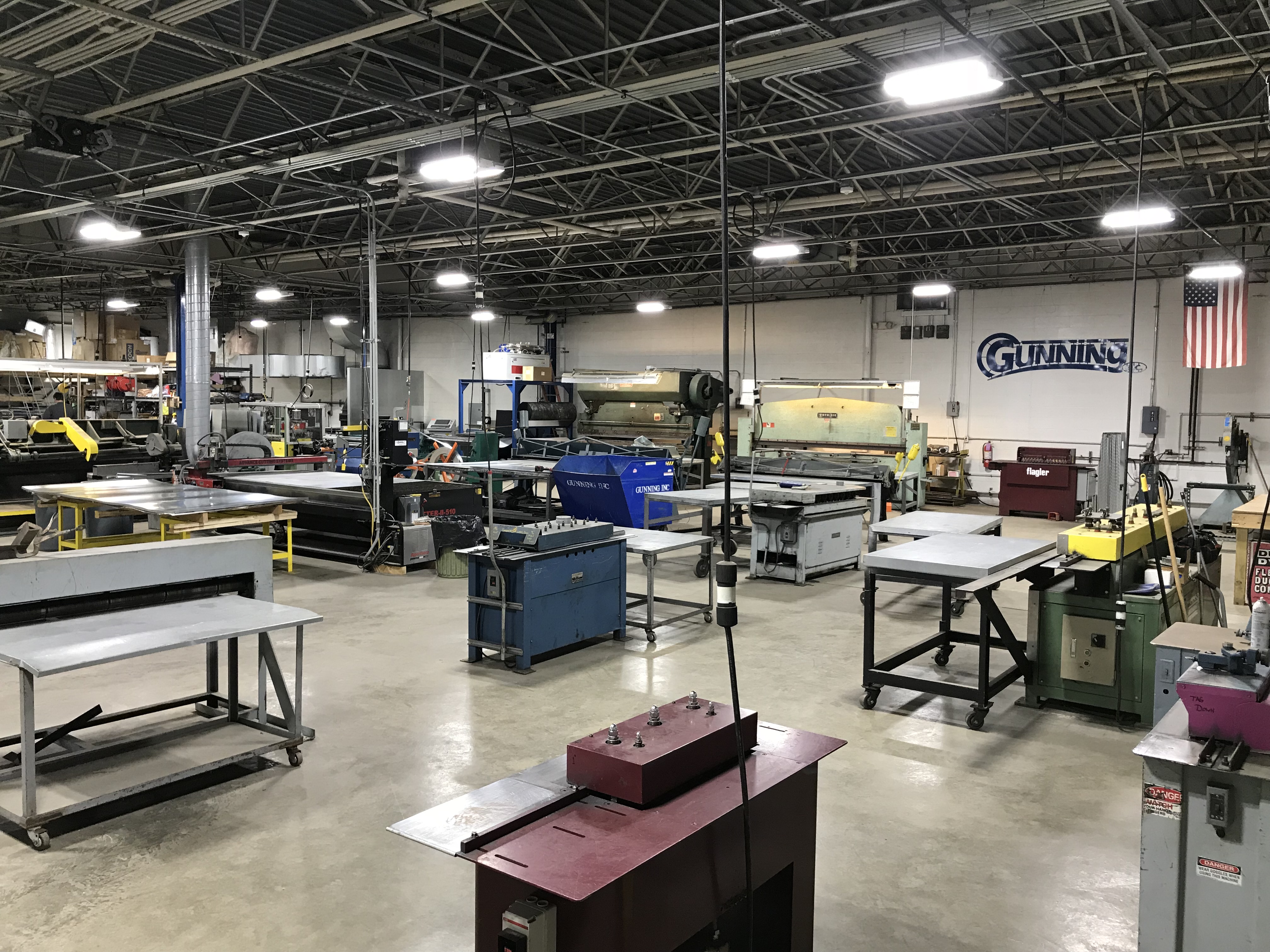
The Small Business Environmental Assistance Program offers many resources to help Pennsylvania’s small businesses:
The Small Business Environmental Assistance Program includes three components:
The Environmental Management Assistance Program (EMAP) provides free,
confidential assistance to business owners to help them determine their environmental regulatory requirements and the best environmental management strategies to
meet those obligations.
EMAP is housed in the Pennsylvania Small Business Development Center at the Wharton School of Business,
University of Pennsylvania. There are
18 Small Business Development Centers located in universities around the Commonwealth.

EMAP employs five technical assistance staff who provide support to small businesses throughout the Commonwealth. Staff can assist small business owners with:
EMAP can also refer small businesses to general business and financial assistance professionals and other wide-ranging support.
EMAP provides free instructional seminars and educational events for individuals looking to start a venture, as well as for established companies.
Contact EMAP
Call toll-free: 877-ASK-EMAP (877-275-3627)
Email: questions@askemap.org
www.askemap.org
Nancy Crickman, Director: (215) 746-6473
crickman@wharton.upenn.edu
| • 174 Businesses provided with in-depth assistance |
|---|
| • 75 Hotline contacts |
| • 40 Non-hotline contacts (emails or direct calls) |
| • 36 Site Visits |
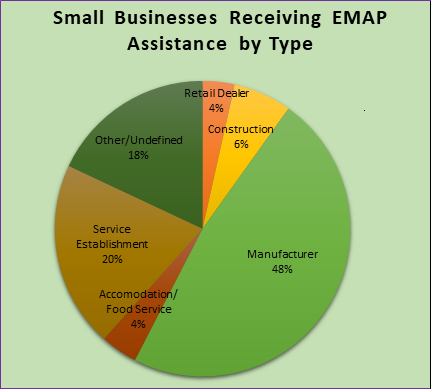
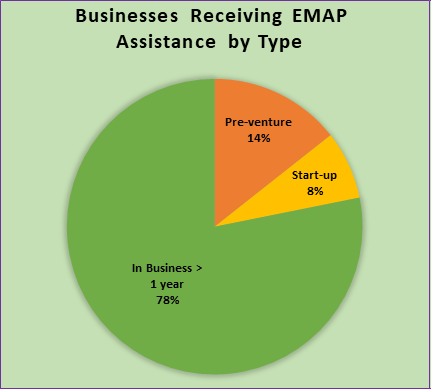
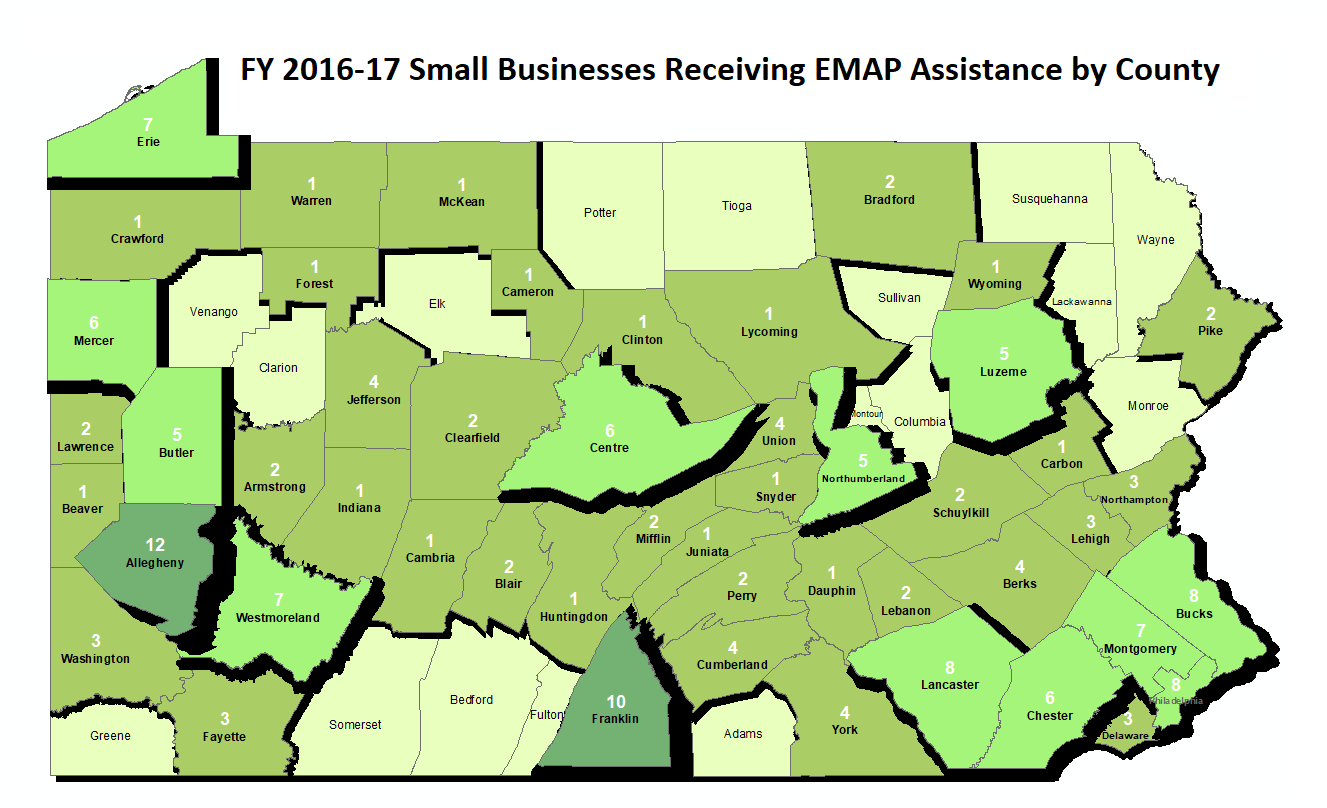
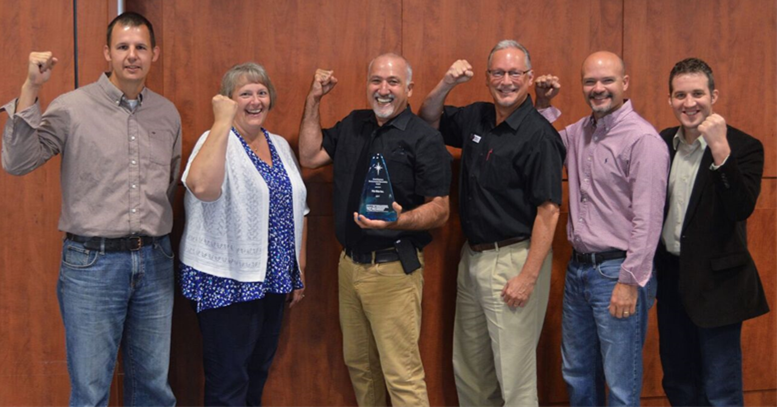
Pik Rite President Elvin Stoltzfus (center, with trophy) and his hard-working team
For the past several years, Pik Rite teamed up with EMAP, the Small Business Development Center at Bucknell University, the Pennsylvania Technical Assistance Program (PennTAP) and the Ombudsman’s Office to obtain assistance with understanding and complying with regulatory requirements, have energy assessments performed on their equipment and building to identify energy savings opportunities, and Small Business Advantage Grants to reach their energy saving goals. This was truly a team effort!The Small Business Ombudsman Office represents DEP to the small business community, and serves as the primary advocate for small businesses within DEP.
How the Ombudsman Helps Small Business Owners
The Ombudsman provides assistance to Pennsylvania’s small businesses through:
Contact the Small Business Ombudsman Office
Ed Boito, Small Business Ombudsman
(717) 783-0909
eboito@pa.gov
Caroline Zepp, Program Analyst
(717) 772-5160
czepp@pa.gov
The Small Business Pollution Prevention Assistance Account (PPAA) Loan Program provides low-interest, fixed-rate loans to small businesses undertaking projects that reduce waste, pollution, or energy use.
PPAA is a revolving loan fund and receives no additional state funding. DEP and the Department of Community and Economic Development (DCED) jointly administer the loan program. DEP reviews the technical application, while DCED reviews the financial application, performs the credit check, and handles loan closing and maintenance.
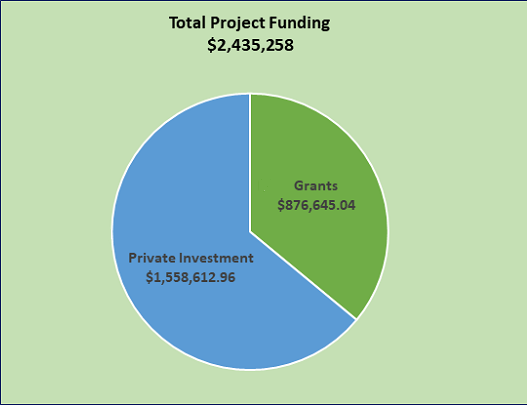
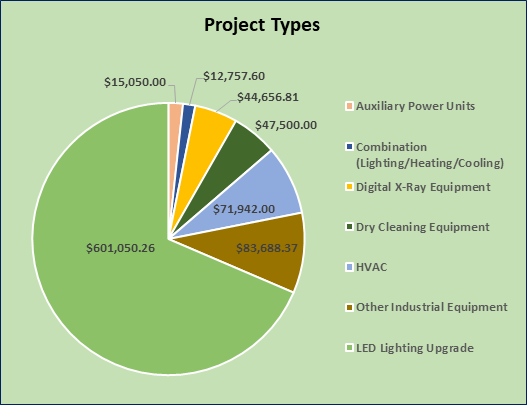
2016-17 Small Business Advantage Grant
Pollution Savings
| Energy/Pollutant | Savings |
|---|---|
| Electricity | 4,459,284 kWh |
| Natural Gas | 5,437 Mcf |
| Diesel Fuel | 8,016 gal |
| Hazardous Waste Sludge (Perchloroethylene) | 530 gal |
| Heating Oil | 6,110 gal |
| Film Developing Chemicals | 329 gal |
| Wastewater | 39,800 gal |
| X-Ray Film kept from landfill | 50 boxes |
| Miscellaneous landfill waste | 392 lb |
| CO2 | 205.2 tons |
| NOx | 0.18 tons |
| Particulates | 0.11 tons |
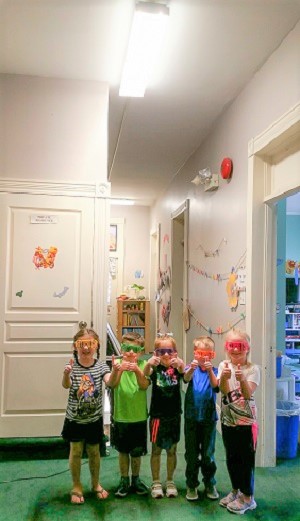
The Small Business Compliance Advisory Committee works to ensure that small business concerns and interests are represented within DEP when new regulations are developed, and considers the impact of proposed environmental regulations on small business.
The committee includes small business owners, small business advocacy organizations, and representatives of government agencies.
The Committee meets quarterly to address issues that could impact the small business community.
Committee Membership
Dale Kaplan, Chairman, President, Kaplan’s Careful Cleaners
Walter Schroth, President, Schroth Industries
Suzanne Stoltenberg, National Federation of Independent Business Pennsylvania
Nancy Crickman, Pennsylvania Small Business Development Centers
Ed Boito, Small Business Ombudsman, DEP
Laura Edinger, Regulatory Coordinator, DEP--Designee for Secretary Patrick McDonnell
Michael McManus, Administrative Officer, Pennsylvania Department of Community and Economic Development
The Emerging Technology Applications Center
(ETAC) helps small businesses gain a competitive advantage by applying alternative technologies to improve heating, drying, coating and curing processes, as well as
reducing their energy usage and carbon footprint. ETAC also assists businesses investigate new equipment, materials and processes before making large investments
or production changes.
With DEP grant funding, ETAC provides energy and technological consulting services to small businesses with up to 500 employees in 22 counties in the eastern half of the state.
ETAC's office is located in the Northampton County Community College in Bethlehem
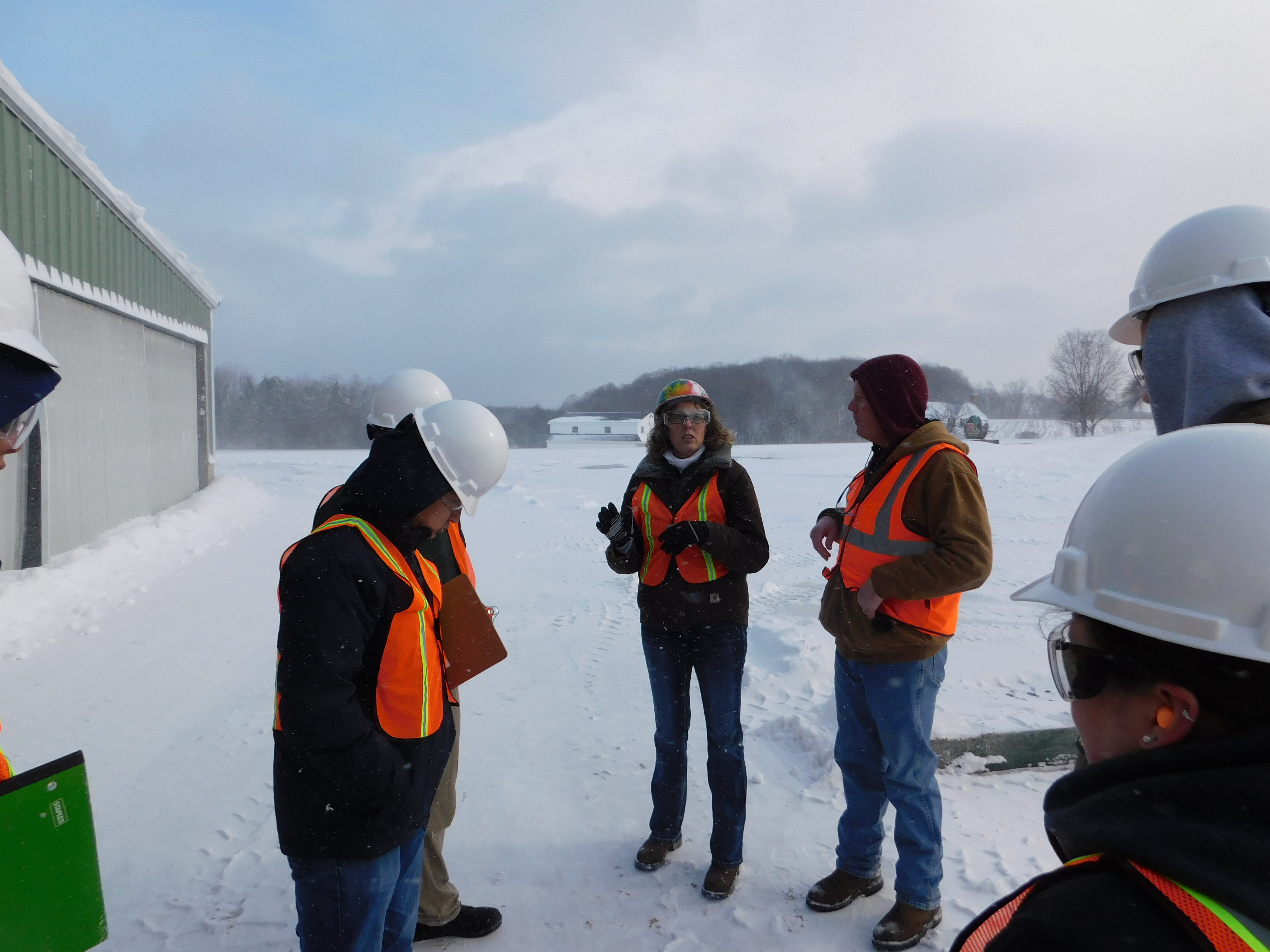
Pennsylvania Technical Assistance Program (PennTAP) has been assisting businesses in Pennsylvania for more than 50 years. The federal-state-university partnership provides no-cost technical assistance to small and mid-size businesses and manufacturers. PennTAP also offers educational workshops for business owners and employees. PennTAP’s Energy and Environment Services are designed to help Pennsylvania companies conserve energy and reduce wastes in their manufacturing facilities, lowering energy-related costs and increasing their profits and competitiveness. PennTAP’s main office is in State College, with additional staff in Pittsburgh.
